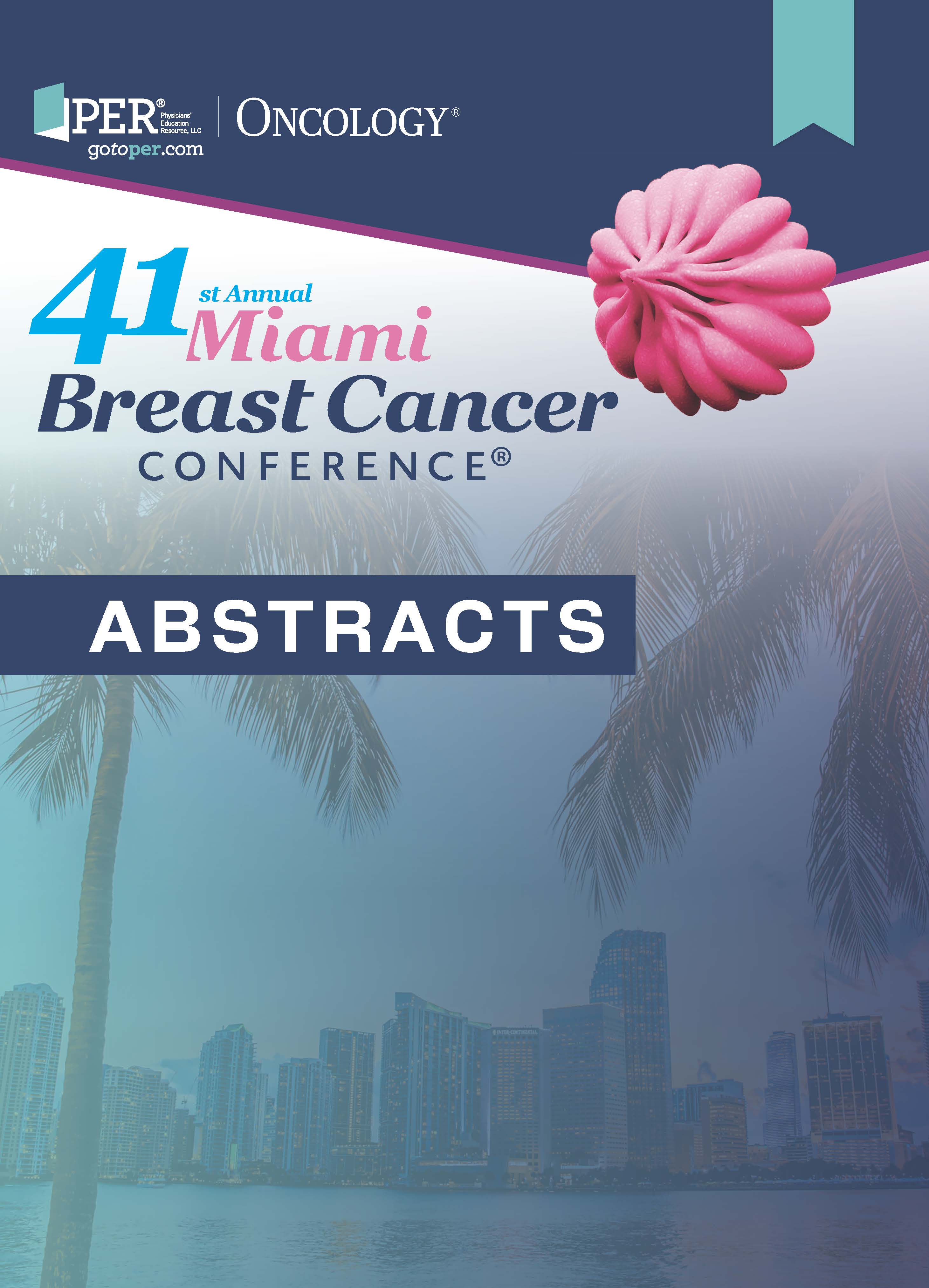64 Empowering Medical Students to Deliver Breast Health Education: A Community-Based Initiative
64 Empowering Medical Students to Deliver Breast Health Education:
A Community-Based Initiative

Background
Addressing knowledge gaps related to screening guidelines, warning signs, and follow-up care is crucial to mitigate the impact of late-stage breast cancer diagnoses. The Linda Fenner 3D Mobile Mammography Center is part of FIU Herbert Wertheim College of Medicine; it provides free screening mammograms to uninsured women in Miami-Dade County. In collaboration with the student-led organization Mobile Mammography Initiative (MMI), medical students volunteer and deliver breast health education. To prepare for this role, students attend a breast health education training session. This study assesses the effectiveness of an educational training session in improving student confidence, knowledge, and interest in breast health education.
Methods
Student volunteers (n = 107) participated in a 1-hour session to prepare students to serve as breast health educators. Participants were asked to engage in a quality improvement pre- and posttraining survey to assess knowledge about breast education, comfort with delivering breast health education, and interest in participating in future education events using 5-point Likert scales. A descriptive analysis was performed on the data collected.
Results
Eighty-two students completed the pretraining survey, and 69 students completed the posttraining survey. Before the training session, 23% of students reported their comfort level as being somewhat comfortable or very comfortable compared with 74% of postsurvey respondents. Twenty percent of students reported their knowledge level as being adequate or extensive before the session compared with approximately 80% of postsurvey respondents. Eighty-nine percent of students reported their interest level as being somewhat or very interested before the session compared with approximately 85% of postsurvey respondents.
Conclusions
Community-based educational initiatives improved medical students’ knowledge and comfort with breast health education but did not increase students’ interest in participating in educational events. The increased student comfort and knowledge suggest that the training better equipped students to serve as community breast health educators. The slight decrease in the high percentage of students interested in participating in breast health events may be negligible or due to the training requirement of the MMI program. Future initiatives may focus on community members by gauging knowledge about breast health after speaking with a community breast health educator.
